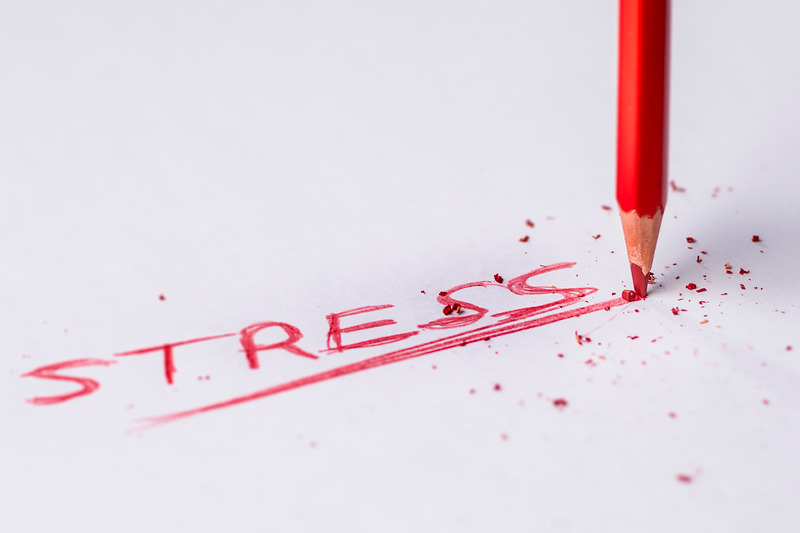
Irritability, low mood, anxiety, insomnia or sleeping too much, a short fuse, feeling overwhelmed, poor memory and concentration, palpitations, sugar or salt cravings, feeling cold, aches and pains, headaches, frequent infections, weight gain…
Any of these symptoms sound familiar?
They are common in peri menopause. They are also symptoms of stress!
Stress can make symptoms of the menopause worse.
Stress is such an overused word, it’s become almost meaningless.
But it’s so significant when it comes to your health and how you feel on a day to day basis.
It would be impossible to live a totally stress free life.
And if your body adapts efficiently to stress, balance (homeostasis) is restored without leading to health problems.
The problem comes when instead of being shortlived, stress is ongoing and constant. It is like repeatedly accelerating too hard in your car, which will cause the moving parts to wear out more quickly.
Healing cannot take place during the stress response. Your body needs to be in relaxation mode, in order for your natural healing and repair mechanisms to work to bring your body back into balance..
If you are frequently in the stress response, your body is being run by the “fight or flight” part of your nervous system. And this impacts your hormones and many other body systems.
7 Ways Stress Affects You in Peri Menopause
- The stress hormone, cortisol blocks how progesterone is used in your body, leading to imbalanced hormones and menstrual cycle irregularities.
- Your body will make more cholesterol under stress. Cholesterol is the raw material for making stress hormones!
- Your immune system is weakened by stress. You’ll be more likely to catch bacterial or viral infections
- Digestive enzyme secretion is affected by stress, leading to bloating, gas and food intolerances.
- Stress produces a lot of free radicals which exacerbates chronic disease and ageing.
- You’re more likely to get allergies.
- Stress leads to fatigue and burnout.
Nutrition Solutions
Your diet is an often overlooked way to help manage stress. Nutrients from food affect your mental wellbeing. If your blood sugar levels aren’t balanced and you’re short on brain nutrients, your mood is affected and you’ll be more vulnerable to stress.
- A Mediterranean style diet high in fruit and vegetables is a good starting point.
- When the body is under stress, demand for all nutrients increases and any deficiencies make the body less able to cope with the stress. B vitamins, magnesium & vitamin C are particularly important for supporting you.
- Ensure you are eating enough good quality protein. If you are vegan, consider adding a protein powder to your diet.
- Minimise stressor foods like sugar and stimulants such as caffeine and alcohol.
- Identify any food intolerances which will also stress your digestive and immune systems. Stop eating the offending foods for a temporary time period. It’s important to make sure your diet is balanced once you start cutting out food
Vitamin D Your Mental Health Champion
Just when you thought you’d heard everything you needed to know about vitamin D, the research keeps coming! A new study is the first to find that vitamin D is present in our brains. And the people who had higher levels of vitamin D in their brains had better cognitive function than those with lower levels.
Another big review study found significant reduction of depression symptoms in people taking vitamin D compared to a placebo People with lower vitamin D levels were more likely to suffer from depression.
Low mood and foggy brain - 2 symptoms I hear about a lot from women of a certain age. These symptoms can have multiple causes but being low in vitamin D certainly won’t help.
Wouldn’t it be a great idea for routine vitamin D screening on the NHS? But we won't hold our breath
Meanwhile, make sure you're taking a good multivitamin with enough vitamin D in it such as Barefoot Nutrition Optimum or Cytoplan CO10 Multi. Don’t forget to use code pc15 at checkout to get your discount
